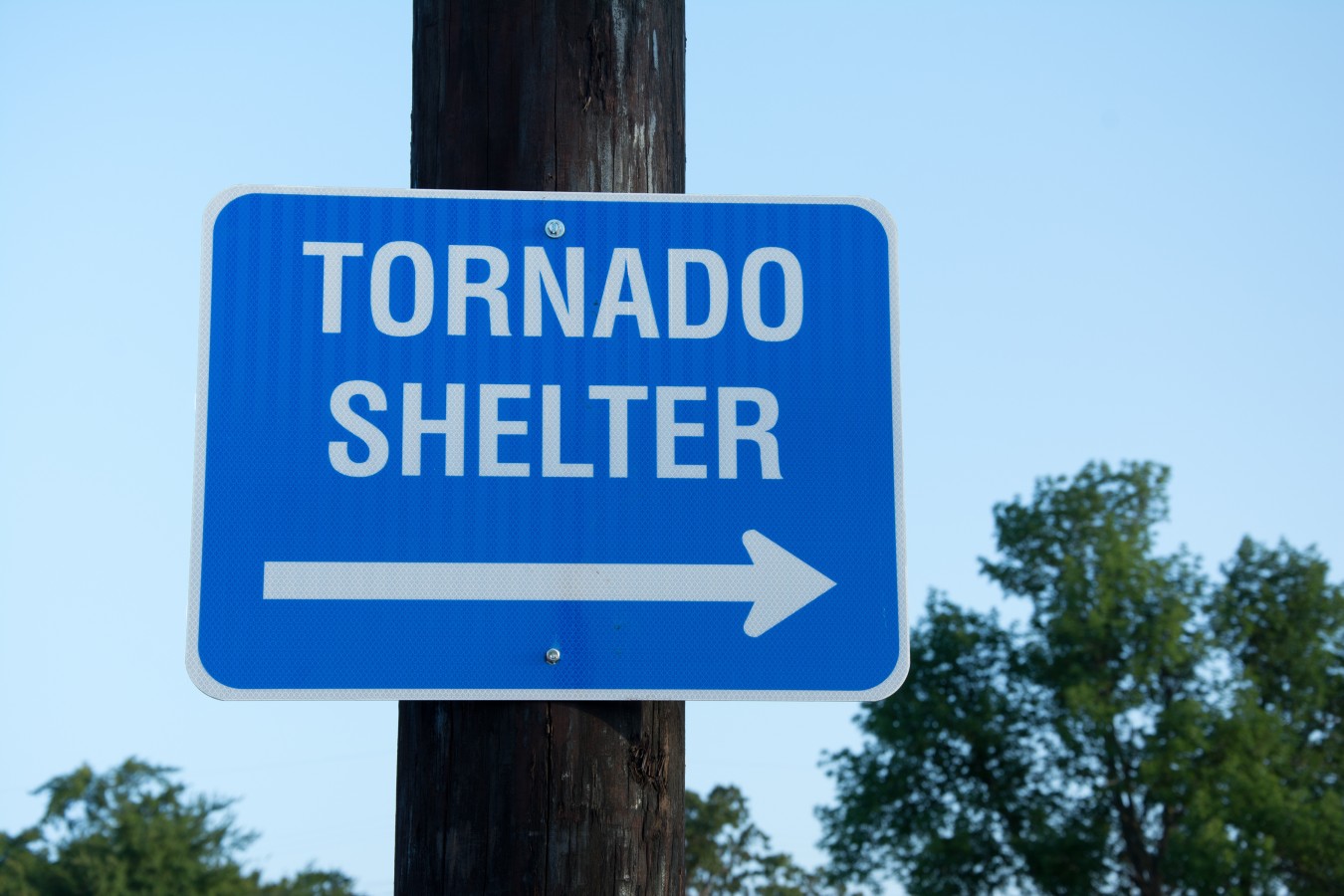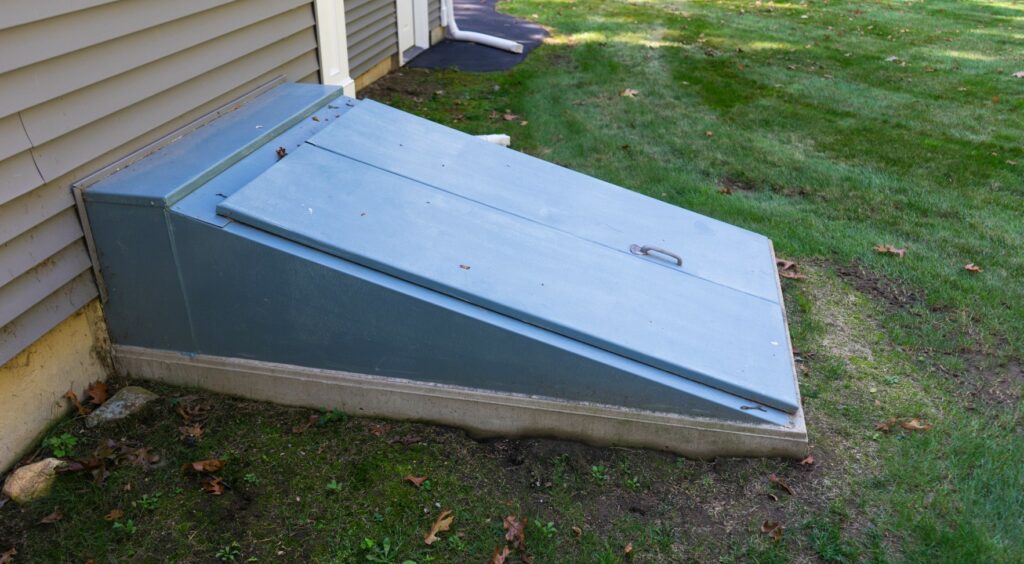
Heavy Rain, Flooding, and Chance of Severe Weather Staring Down the Southern U.S.
January 22, 2024
Posted: March 31, 2022 1:14 am





While weather forecasters are doing a better job in predicting tornado outbreaks and warning residents accordingly, you can never be too prepared for the threat of severe weather. According to the U.S. Centers for Disease Control and Prevention (CDC), the best way to protect yourself and your family during the event of a tornado is to be prepared with a plan and an emergency kit, to educate yourself about the best places to shelter near you, and to stay on top of changing weather conditions in your area.
Here is a more detailed look at what you can do to prepare as tornado season kicks off this spring.
The best way to improve the odds that you make it out of a tornadic outbreak unscathed is to always be prepared. Now that it is severe weather season, it is time to make sure that your household is ready for the potential of outbreaks. The first thing that you should do is to prepare a tornado emergency plan for your family. This means that everyone in your family needs to know where to shelter and how you will communicate with each other in the event of an emergency.
You also need to prepare an emergency kit to take with you to your shelter. This kit should include bottled water, non-perishable food, and medication. Within this kit, be sure to include a list of important phone numbers and other information that may come in handy in the event of an emergency. It is also important to keep fresh batteries on hand and a way to access weather alerts should you lose power.
If you have children, it is up to you to educate them about tornadoes and the difference between a watch and a warning. Your children should also know what to do if the sirens go off and they are home alone. This preparedness should be enforced at school so that children feel empowered to make good decisions when severe weather strikes.
If you know that your area is going to be under the gun for severe weather, it is imperative that you keep a close eye on the weather conditions. Remember that storm conditions can come on quickly, making it important that you are aware when your area is under a watch.
In particular, tornadoes can seemingly come out of nowhere, even when the conditions seem pleasant. Expert weather watchers know to look for signs such as large hail or a dark or green-tinted sky. Dark and low-lying clouds also often precipitate tornado funnels. Lastly, the sound of a roar that resembles a freight train is often used to describe an approaching tornado. If you notice any of these signs, be sure to find shelter immediately and seek out the latest weather updates.

If you are under a tornado warning, it is vital that you find shelter immediately. A basement is generally the safest place to be in a home. If your home does not have a basement, shelter in the lowest room in the house toward the center of the home. You should also avoid sheltering in a room with windows. This makes small places such as a bathroom or closet good places to seek cover. The goal is to put as many walls as possible between you and the storm, making the center of the home the safest place to be.
You would also be wise to protect yourself with something sturdy. This will guard against flying debris. For example, getting under a kitchen table will protect your head from projectiles. For added protection, cover yourself with a heavy blanket or mattress.
If you find yourself away from home when the sirens start to wail, you should find shelter in a safe building. Do not attempt to outrun a twister if you are in your vehicle. Instead, pull over and try to find a building to shelter in place. If there are no buildings to shelter in, lay as low as you can in a ditch or under a highway overpass.
Tornadoes are one of Mother Nature’s most unpredictable forces. While you can never protect yourself completely from a tornado, there are things that you can learn and do that will dramatically improve your chances of escaping an outbreak.

January 21, 2024

January 19, 2024

January 18, 2024